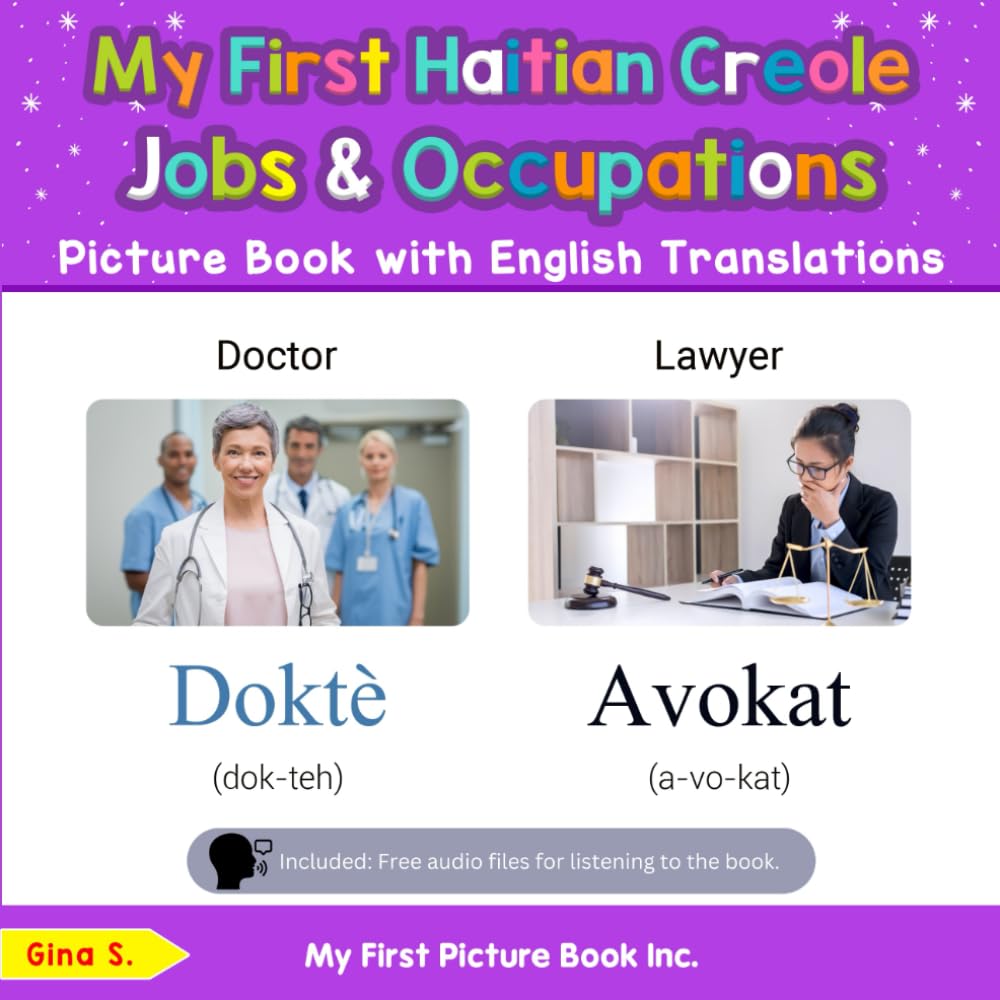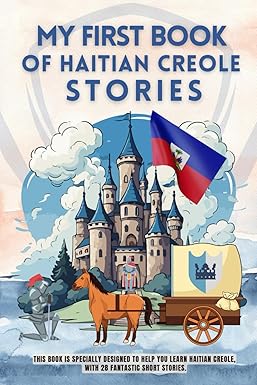Haitian Vodou, often misunderstood and misrepresented, is a rich and complex spiritual tradition that intertwines African heritage, indigenous beliefs, and influences from European colonizers. Rooted in the history of Haiti and its people, Vodou is not merely a religion but a way of life that encompasses a vast array of rituals, beliefs, and cultural practices. In this article, we will explore the mystical world of Haitian Vodou, delving into its origins, core beliefs, rituals, and the societal role it plays in Haitian culture.
The Origins of Vodou

Vodou, also known as Voodoo, has its roots in West African spiritual practices brought to the Caribbean by enslaved Africans. The word “Vodou” comes from the Fon language of the Dahomey people, meaning “spirit” or “deity.” When enslaved individuals arrived in Haiti, they found themselves in a new and hostile environment, leading them to blend their ancestral beliefs with elements of Catholicism and other spiritual practices.
Over time, Vodou evolved into a distinct religion that reflects the cultural and historical experiences of the Haitian people. Its development can be traced through several key phases:
- Pre-Colonial African Traditions: The spiritual beliefs of the Yoruba, Fon, and other West African cultures laid the groundwork for Vodou.
- Colonial Influence: The introduction of Catholicism and European customs during the colonial period led to the incorporation of saints and symbols into Vodou practices.
- Post-Colonial Resilience: Following Haiti’s independence in 1804, Vodou emerged as a symbol of cultural pride and resistance against colonial oppression.
Core Beliefs of Vodou

The belief system of Haitian Vodou is diverse, characterized by a deep reverence for spirits known as “lwa” (pronounced “lwa”). The lwa serve as intermediaries between the human world and Bondye, the supreme creator. Key aspects of Vodou beliefs include:
- Spiritual Hierarchy: Vodou recognizes a hierarchy of lwa, each with specific attributes, responsibilities, and powers. Prominent lwa include:
- Legba: The guardian of the crossroads and the communicator between humans and the spirit world.
- Damballah: The serpent god associated with creation and fertility.
- Erzulie: The goddess of love, beauty, and motherhood.
- Reverence for Ancestors: Ancestors hold a significant place in Vodou, as practitioners believe they continue to guide and protect their descendants.
- Interconnectedness: Vodou emphasizes the interconnectedness of all beings and the importance of maintaining harmony with the spiritual and physical worlds.
The Role of Rituals in Vodou

Rituals are central to Vodou practice, serving as a means to communicate with the lwa, honor the ancestors, and seek guidance or assistance. These rituals can vary widely in form and purpose, but they often include the following elements:
- Drumming and Music: Rhythmic drumming is a critical component of Vodou rituals, believed to summon the lwa and facilitate possession.
- Dance: Dancing is a form of expression and a way to connect with the spiritual realm. Participants often enter trance states during rituals.
- Offerings: Practitioners make offerings to the lwa, which can include food, drink, candles, and other symbolic items.
- Animal Sacrifice: In some rituals, animals may be sacrificed as a means of honoring the lwa and seeking their favor.
Case Studies: Rituals in Practice
To understand the practical application of Vodou rituals, let’s look at two case studies that illustrate the diversity and significance of these practices in contemporary Haiti.
The Rara Festival

The Rara Festival, celebrated during Lent, is a vibrant expression of Vodou culture. It combines music, dance, and spiritual rituals, serving as a form of social commentary and community celebration. Participants form bands and parade through the streets, playing traditional instruments like the “rara” horn and drums. The festival highlights:
- Cultural Identity: Rara serves as a declaration of Haitian cultural identity and resilience.
- Community Bonding: The festival fosters a sense of unity among participants and the broader community.
- Spiritual Connection: Many participants believe that the spirits are present during Rara, enhancing the connection between the physical and spiritual realms.
Healing Rituals

Healing rituals are an integral part of Vodou practice, providing physical, emotional, and spiritual healing to individuals. These rituals often involve:
- Consultation with a Houngan or Mambo: A priest or priestess who guides the healing process through divination and spiritual insight.
- Use of Herbal Remedies: Practitioners often use local herbs and plants in conjunction with spiritual practices to address ailments.
- Community Support: Healing rituals are communal events, reinforcing social ties and collective well-being.
Misunderstandings and Misrepresentations
Despite its rich cultural heritage, Vodou is often misrepresented in popular culture, leading to misconceptions about its practices and beliefs. Common myths include:
- Witchcraft and Black Magic: Many people mistakenly associate Vodou with dark magic, believing it involves curses and malevolent spirits.
- Doll Manipulation: The portrayal of voodoo dolls in media has contributed to the perception of Vodou as a means of harming others, which is far from its true purpose.
- Uniformity: Vodou is often depicted as a singular, monolithic religion, ignoring the diversity of practices and beliefs within the tradition.
The Contemporary Role of Vodou in Haitian Society

Today, Vodou remains a vital aspect of Haitian culture, influencing art, music, and social practices. Its role can be categorized into several key areas:
- Cultural Preservation: Vodou serves as a means of preserving Haitian cultural identity and history, especially in the face of globalization.
- Social Cohesion: Vodou rituals often foster community bonds, providing a support system for practitioners.
- Political Engagement: Vodou has historically been intertwined with political movements in Haiti, providing a platform for social justice and resistance.
Haitian Vodou is a multifaceted spiritual tradition that encapsulates the history, resilience, and cultural identity of the Haitian people. Its rich tapestry of rituals, beliefs, and practices offers valuable insights into the interconnectedness of life, spirituality, and community. By exploring the mystical world of Vodou, we can gain a greater appreciation for its depth and complexity, moving beyond stereotypes and misconceptions. Ultimately, Vodou is not merely a religion; it is a vibrant expression of humanity’s quest for meaning, connection, and understanding in a complex world.


